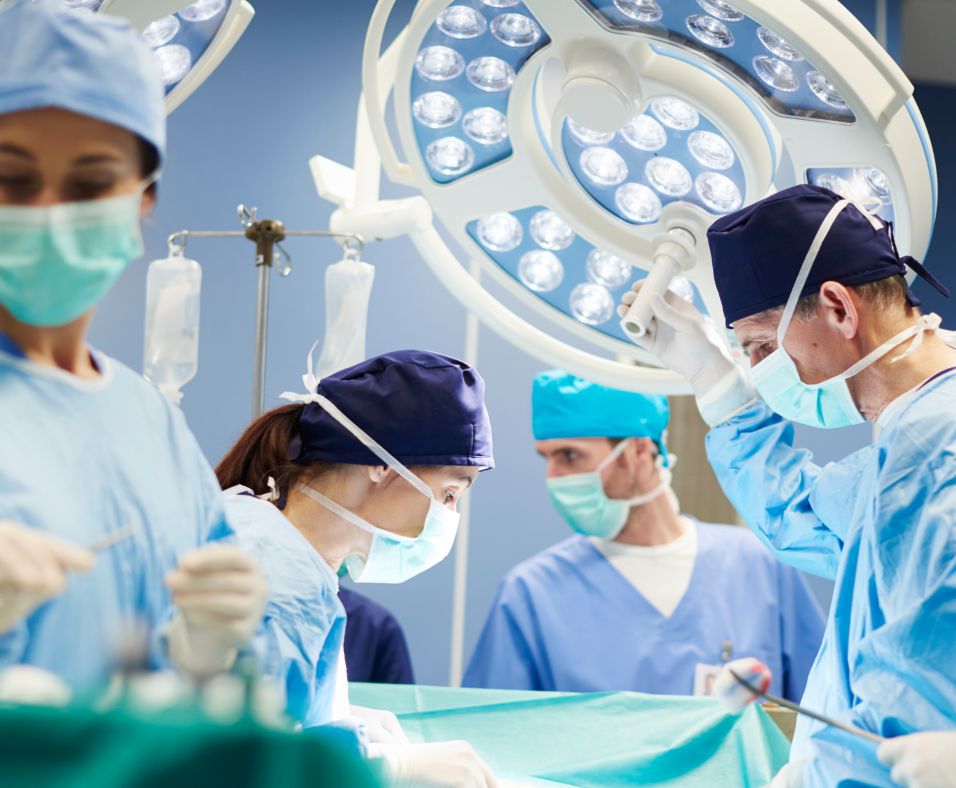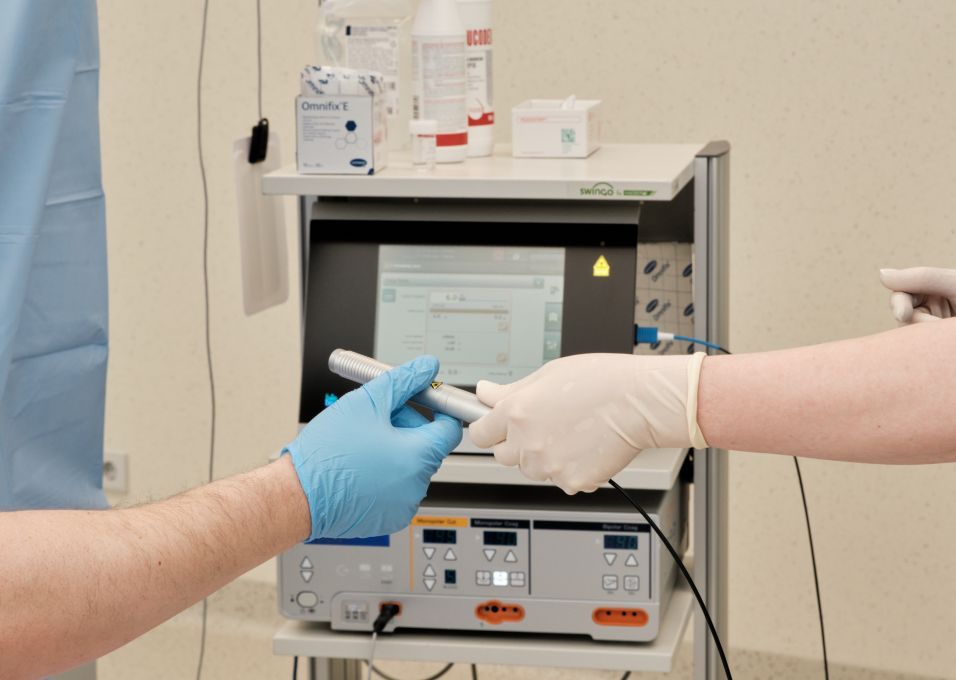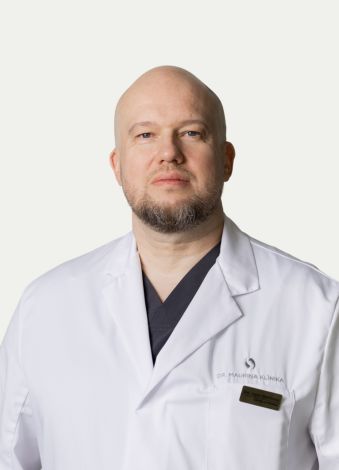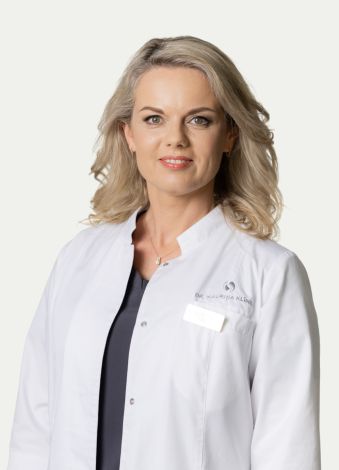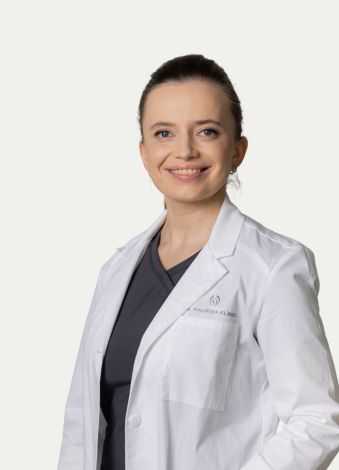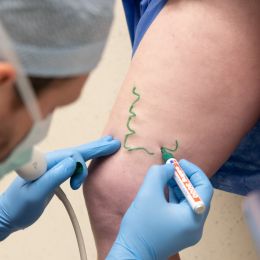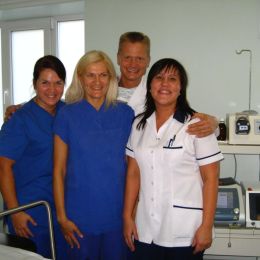Symptoms
The manifestations are very diverse. Discomfort in the rectal area, itching, spotting, bleeding during bowel movements, inflammation (painful, swollen lumps around the anal opening). In later stages, there may also be prolapse of hemorrhoidal nodules during bowel movements or physical exertion.
Hemorrhoids can be a relatively harmless condition with a small mucosal tear or a small polyp, but often the condition can progress severely and result in cancer or rectal inflammations, such as ulcerative colitis or Crohn's disease.

